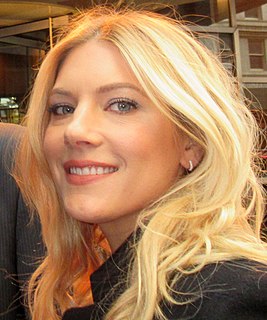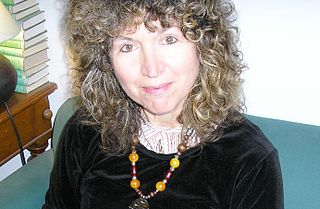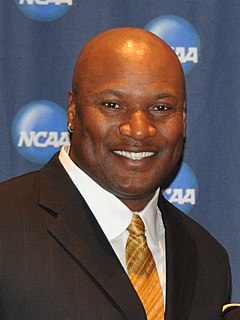A Quote by Derek Jeter
Your image isn't your character. Character is what you are as a person.
Related Quotes
Understand and apply this vital principle to your life: Your exercise of faith builds character. Fortified character expands your capacity to exercise greater faith. Thus, your confidence in making correct decisions is enhanced. And the strengthening cycle continues. The more your character is fortified, the more enabled you are to exercise the power of faith for yet stronger character.
Be thankful that sometimes God lets you struggle for a long time before that answer comes. Your character will grow; your faith will increase. There is a relationship between these two: the greater your faith, the stronger your character, and increased character enhances your ability to exercise even greater faith.
Pride is the recognition of the fact that you are your own highest value and, like all of man's values, it has to be earned-that of any achievements open to you, the one that makes all others possible is the creation of your own character-that your character, your actions, your desires, your emotions are the products of the premises held by your mind.
Your character is your destiny. Building character is a task for the brave and dedicated. There are no shortcuts when it comes to building character. If you wish to cure minimalism in your own life, to develop a complete commitment to excellence and an absolute rejection of mediocrity, the question you need to start asking yourself is, "What is the most I can do?"
When you are writing, you have to love all your characters. If you're writing something from a minor character's point of view, you really need to stop and say the purpose of this character isn't to be somebody's sidekick or to come in and put the horse in the stable. The purpose of this character is you're getting a little window into that character's life and that character's day. You have to write them as if they're not a minor character, because they do have their own things going on.



































